Tatarstan travel agencies looking for an operator to work with E-Travel Voucher system
Two weeks left to fulfill the requirement, but most are not ready and risk exclusion from the federal register
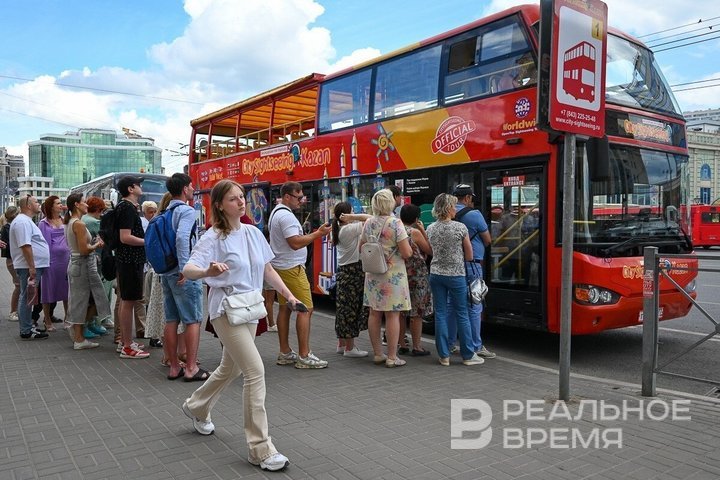
Since September, all Russian tour operators for domestic and inbound tourism are required to enter data into the Electronic Travel Voucher system (Elektronnaya Putevka). But Tatarstan is “not ready yet” to work with it, Ramil Miftakhov, the president of the Association of Travel Agencies of the Republic of Tatarstan, told Realnoe Vremya. Almost all companies all over the country have faced the problem — due to the complexity and high cost, only 10-15% of companies passed the procedure, and the Russian Union of Industry asks the Ministry of Economic Development for subsidies to reimburse the expenses of the tourism industry.
Costs for tour operators are “just unaffordable”
Since the beginning of autumn, tour operators and travel agencies must submit information about each sold tour within Russia to the state information system Electronic Travel Voucher. For outbound tourism, the requirement was introduced last November, for domestic tourism — the obligation begins on September 1.
In the system, they are to submit all information about the tour, including the personal data of the tourist, the cost and duration of the rest, the name of the carrier, the hotel and other parameters. It is necessary to create a workplace with a computer to enter this information, as well as pass certification.
Technically and organisationally, the procedure for connecting to the system is very complicated and expensive, today only 10-15% of representatives of the tourism industry have mastered it. “Mainly high-tech companies with their own IT departments have joined," the Russian Union of Travel Industry reported. In total, there are almost 4,500 tour operators for domestic tourism in the Unified Federal Registre. If they do not work with the system, they face exclusion from the registry, which effectively means a ban on doing business.
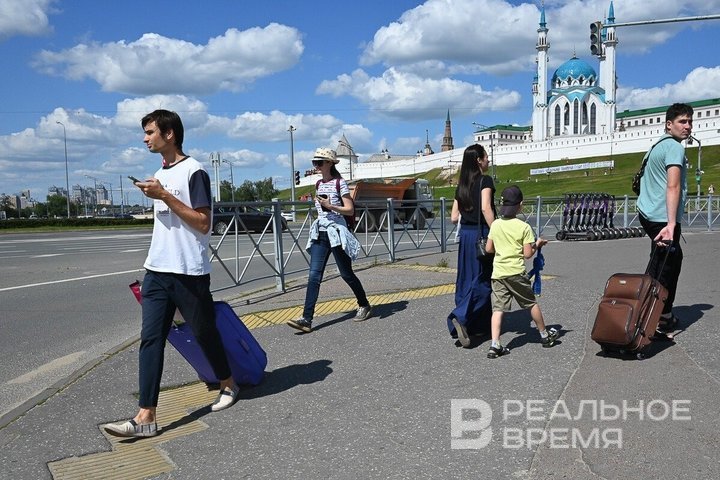
Most domestic tourism tour operators are small and technically least equipped companies. Therefore, integration with the system and the necessary certification of workplaces is too difficult and expensive for such players.
Meanwhile, the certification requirements come into force in November. For large market players with their own information systems for automated data submitting to the Electronic Travel Voucher, the cost of certification starts from 300-400 thousand rubles. For small ones that work in manual mode — from 80,000-100,000 rubles, the Russian Tourism Union estimated the upcoming expenses.
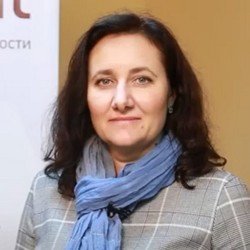
These days, many IT companies with appropriate certification and an interface for data transmission to the system are contacting representatives of the tourism industry, including in Tatarstan. IT companies offer a service to tour operators on a subscription basis. But this fee is often comparable to the cost of certifying one workplace. Besides, many are concerned about the need to trust the personal data of customers to a third-party organisation.
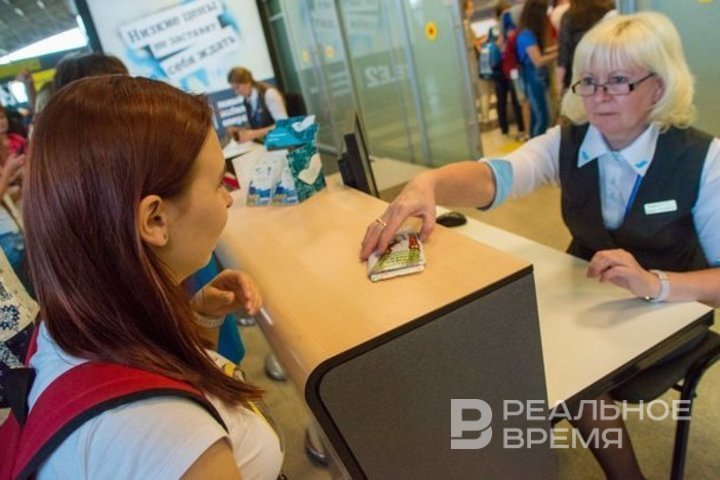
The system will require further expenses from tour operators. Firstly, for license annual renewal to use the software product, and secondly, for the confirmation of the digital signature. The Russian Union of Tourism Industry has asked the Ministry of Economic Development to consider the possibility of allocating subsidies to reimburse the cost of connecting to the system, since for many tour operators these costs are “just unaffordable”. The initiators believe that money can be allocated through regional measures to support SMEs.
Tatarstan is choosing one operator to work with the system
If, in general, in Russia at least a small part of the tourism industry representatives intend to start working according to the new rules in September, then the situation in Tatarstan is somewhat worse.
“Tour operators of the republic are not yet ready to connect to the Electronic Travel Voucher system," said Ramil Miftakhov, the president of the Association of Travel Agencies of the Republic of Tatarstan. “If the companies manage to form this story or conclude an agreement by September 1, they can remain in the register. It's a matter of price, one workplace for entering these data is quite expensive for a travel company. Now the minimum price that we are offered on the market is 75,000-80,000 rubles. It is quite significant in fact. There are companies with three or four jobs, so it will cost them a considerable amount of money. And if they want to remain tour operators, they will certainly spend such money on creating a job.
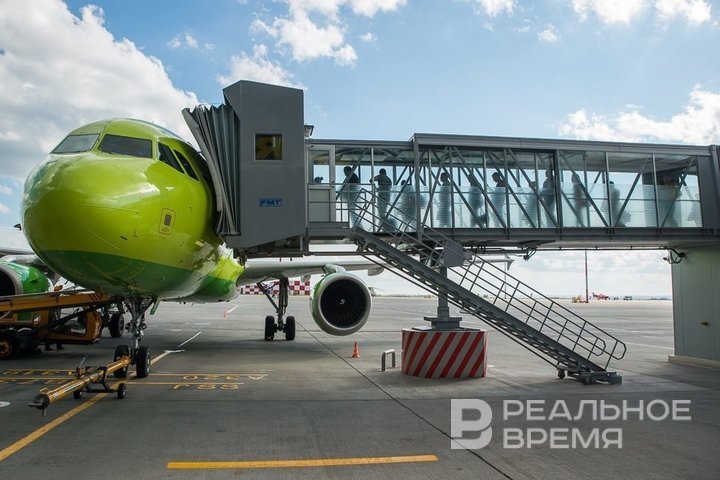
According to the interlocutor of the publication, now the republic hopes to create one structure for the work of tour operators for domestic tourism with the system. Negotiations are underway with a licensed company in Kazan, but its name has not yet been disclosed.

According to him, the association intends to agree that the price for connecting all Tatarstan tour operators to the system should be significantly lower than the market price for individual offers: “We do not know how much less, the negotiation process is still underway.”
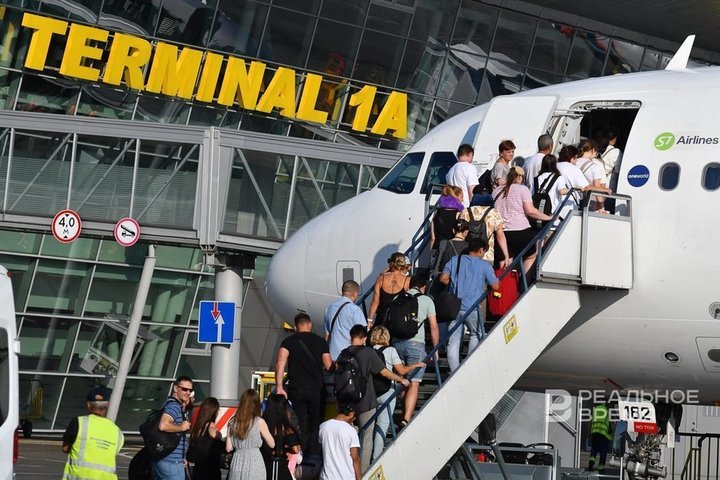
As for the Russian Union of Tourism Industry initiative on subsidising small and medium-sized enterprises in the tourism industry, he expressed doubt:
“The question is, at whose expense will the holiday be? If, for example, the state determines one federal registry operator who will prepare documents for everyone according to a template, and they are actually identical in Russia, and it will be a fixed price, and they alone will be subsidised, then, of course. But until they determine, until they reach a decision — all deadlines will pass. We can't sit and wait, we need to act now, that's why we're doing this.
The state's strategy is to identify gray schemes and “snowdrops”
How will the increased financial burden on tour operators affect the cost of tours for Russians? According to Miftakhov, “not much, since the domestic market is quite highly competitive” and he will attribute these costs to ordinary organisational costs: “Yes, this year the profit will decrease by at least the amount that we will spend to stay in the tour operator segment from September 1.”
'In this regard, a single operator for everyone, of course, would be more profitable," Oksana Artemenko believes, nevertheless, taking into account the increase in expenses of tour operators, tours in Russia may become more expensive, she does not exclude. “They will become more expensive. Not too much, of course, but in any case, the price increase is already predictable. Because imagine that you work in outbound tourism, make tours to Turkey, you have a business margin of 2-3%. If you send a tourist for 200,000, you have a yield of 6-10% of this tour — this is 20,000. How many such trips do I need to make to recoup the cost of 80,000? Moreover, we are all moving towards that October, November is no longer the season, a disastrous month for trips.
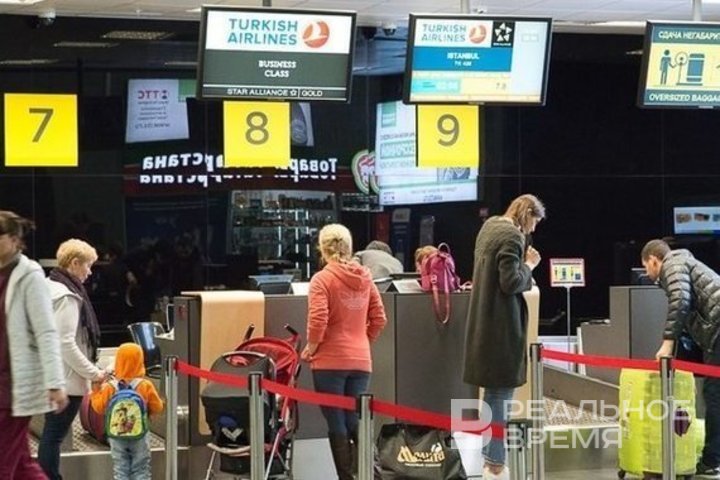
According to representatives of the tourism industry, there are also great difficulties in that the Electronic Travel Voucher system was originally created for foreign tourism. As part of the internal process, when the agency receives large groups of guests of 50 or more people in Kazan, it will require a lot of resources to enter their personal data into the system. “I talked with colleagues in Moscow, everyone is against this, since it is not adapted for group or school tours. The difficulty is that you need to enter data for each participant, and let's say we have a group of 40 people," Anvar Mingazov, the director of the Kazan travel company Drugoe Izmerenie, gave an example.

Besides, the very concept of a tourist product is not clearly defined by law for domestic tourism, the industry notes. If we look at it by analogy with a foreign one, it includes services for organising the transportation of a tourist from the country of residence to the place of rest. But guests, as a rule, come to Kazan themselves, and local tour operators help with hotel accommodation and sell excursions around the city and the republic.
As a rule, guests come to Kazan themselves, and local tour operators help them with hotel accommodation and sell excursions around the city and the republic.
Nevertheless, according to the specialised association of travel agencies, working in the system will whitewash the market. “In Russia, probably at least half of the companies do not pay taxes. They accept money from tourists on the card, then pay the tour operator on their behalf using their own card. Since they will now enter data into the database, I think after a year of work this whole story will come out, and these companies will come. And I'm afraid there will be some kind of sanctions, up to serious ones," Ramil Miftakhov believes.
“Here the strategy of the state is to identify gray schemes, “snowdrops” and whitewash everything. Sooner or later, everyone will pay taxes. What's going on now? Some agencies collect money from tourists, do not pay for trips, do not enter into the system and disappear with the money. While tourists transfer to the card, and then nobody can prove that it was for a travel service. No cash receipt, no contract. Unscrupulous agents took advantage of this. To initiate a criminal case against a travel agent, you need to go through more than a dozen offices, very often they refuse — go to court, they say, a civil dispute. But in fact, it's pure fraud. Now there will be fewer such stories. It will withdraw such players from the market," the speaker concluded.